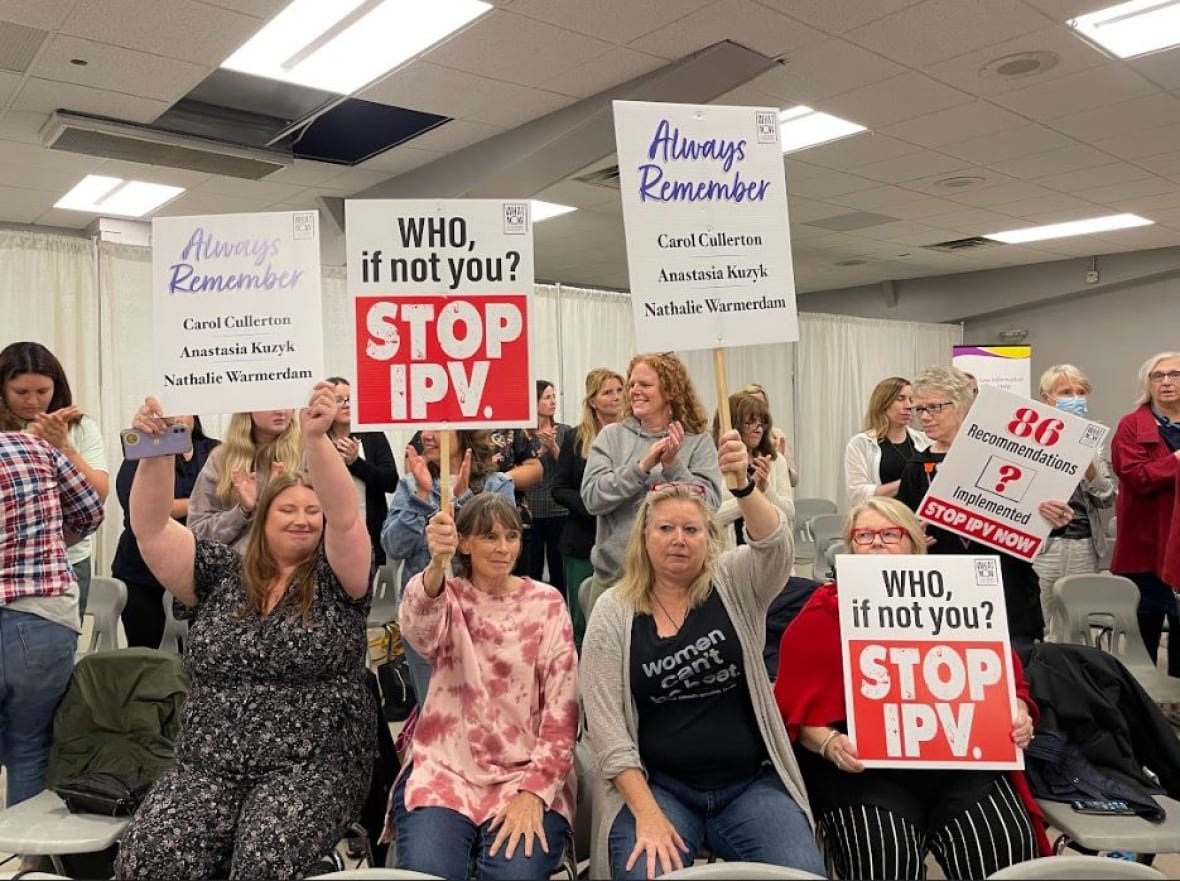Despite a unique program aiding over 100 rural women facing intimate partner violence, securing ongoing funding remains a challenge, according to the director of Hamilton’s Interval House.
Interval House’s executive, Sue Taylor, emphasizes the need for sustained financial support from the winning party in the upcoming provincial election to combat the prevalent issue of domestic violence, particularly in overlooked rural areas.
Taylor stresses the necessity for governmental leadership, citing Hamilton’s declaration of intimate partner violence as an epidemic and urging Ontario to follow suit.
While the Ontario NDP and several municipalities have pushed for the declaration of intimate partner violence as an epidemic, the province has not yet made such a declaration.
The NDP leader, Marit Stiles, highlights that defining intimate partner violence as an epidemic would elevate it to a public health crisis, requiring substantial resources for intervention.
In contrast, the Progressive Conservative government opted to study the issue first, but the committee’s work was prematurely halted in anticipation of the election.
An inquest a couple of years ago following the deaths of three women in Renfrew County recommended the declaration of intimate partner violence as an epidemic.

Taylor underscores the challenges faced by Interval House in providing services to vulnerable women in rural areas, advocating for increased provincial support.
Underserved Rural Areas
While Interval House caters to women in the city, there is a lack of similar programs for rural women in most of Hamilton’s expansive rural regions, except for the Flamborough Women’s Resource Centre.
Judi Partridge, a co-founder of the satellite location, emphasizes that intimate partner violence transcends economic scales, affecting women living in affluent homes restricted by controlling partners.
Recent national data compiled by Western University reveals that rural women experience gender-based violence at significantly higher

